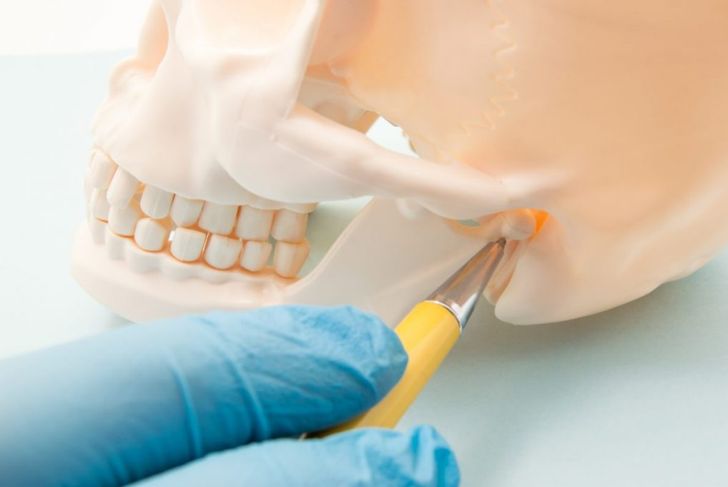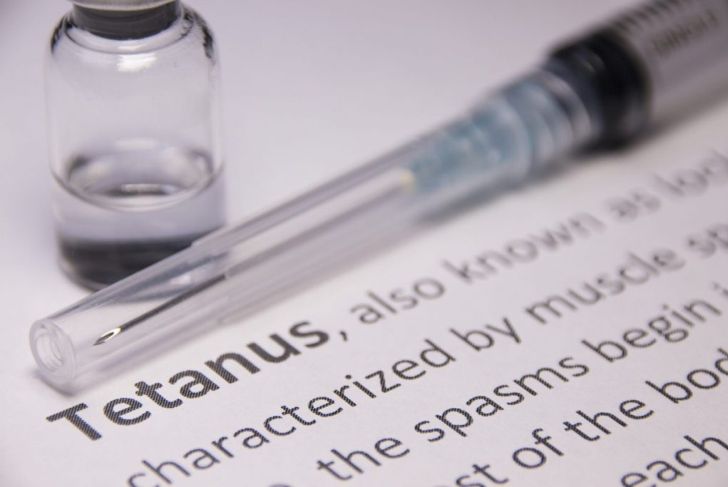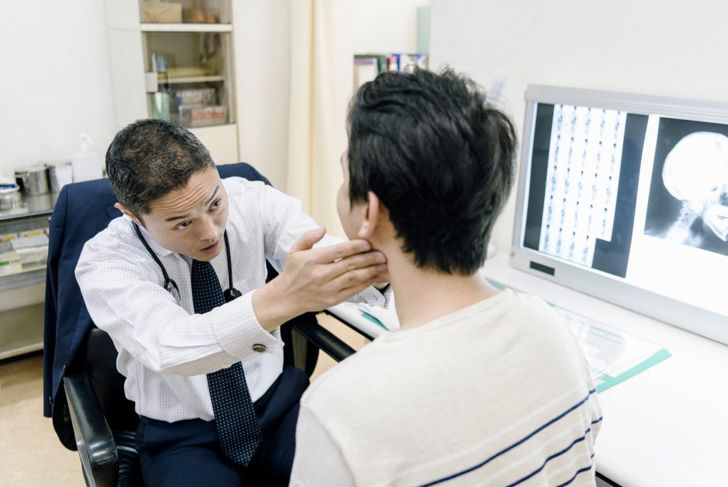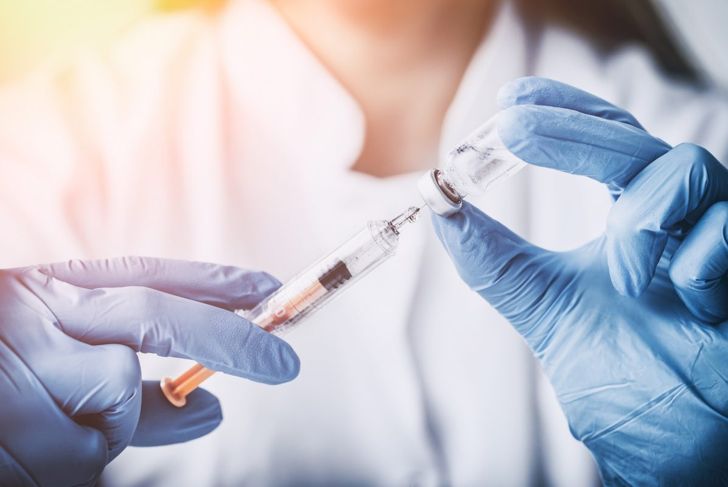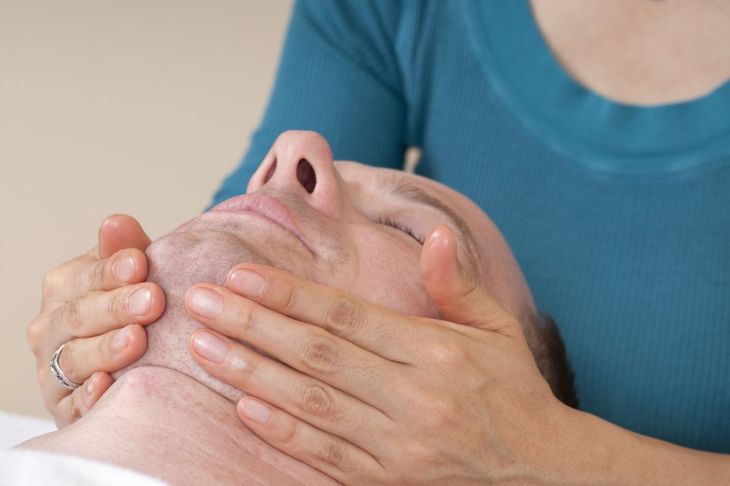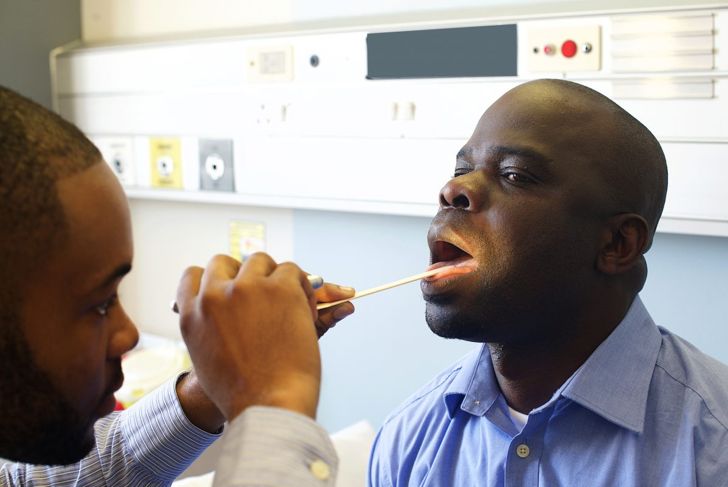Lockjaw or trismus is a unique condition where a person’s jaw loses mobility and is not able to open or close fully. While many people associate lockjaw exclusively with tetanus, there are, in fact, a range of possible causes. Without treatment, lockjaw can lead to potentially dangerous complications.
Symptoms
The main symptom of lockjaw is an inability to fully open the jaw. Several other symptoms can accompany this issue, most commonly jaw pain and cramping. Being unable to open the jaw also makes chewing, biting, and oral hygiene practices difficult. Furthermore, the tension can contribute to headaches and earaches.
Causes
Lockjaw has many possible causes. Muscle spasms that trigger it can occur following injury to a nerve, muscle, bone, tendon, or ligament. Additionally, any condition that interferes with or damages the temporomandibular joint (TMJ) can lead to lockjaw. Other common causes include infection, medication side effects, cancer, cancer treatments, and tetanus.
Tetanus and Lockjaw
Tetanus results from a bacterial toxin attacking the nervous system. Though it has many symptoms, lockjaw is the most common. Because of this, the two terms were once synonymous. While tetanus was the leading cause of lockjaw, immunizations have reduced its prevalence. This has led to a separation of the terms and experts now view lockjaw as a possible symptom of many different issues.
Diagnosis
Lockjaw is typically simple to diagnose because of its incredibly visible symptoms. Doctors will measure the distance the patient can open their mouth. A physical exam may also include palpating for muscle tension or stiffness. Imaging techniques such as x-rays, ultrasounds, MRIs, and CT scans can identify any physical issues around the jaw. In cases where cancer is a possible cause, a biopsy may be necessary.
Treatments
Treatments for lockjaw depend on the underlying cause. If medications are responsible, transitioning to an alternative drug is the most common solution. Some people require injected muscle relaxants to prevent muscle spasms. Infections typically require antibiotics. If surgery is the cause of lockjaw, physical therapy is often the most effective treatment.
Home Management
Along with medical intervention, practicing a few exercises at homecan help with lockjaw. Gentle massage to sore areas helps relieve muscle tension. As mobility returns, gently opening and moving the jaw in a circle can hasten recovery. Neck stretches may release some tension around the jaw. Expect to make some dietary changes until eating and chewing abilities return to normal.
Complications
Several possible complications can result from lockjaw. The earliest issues are dry mouth and inflammation, due to an inability to swallow saliva. Tooth decay and ulcer formation are common in people with lockjaw because they cannot practice proper oral hygiene. Teeth grinding, leading to the wearing away of enamel, is also typical. Long-term lockjaw can become nearly untreatable due to muscle contracture. Malnourishment is also possible if the individual has difficulty chewing or swallowing.
Prevention
To prevent lockjaw, practice the same massages and neck stretches that doctors recommend as treatment. Additionally, maintain good posture when standing and sitting to prevent muscle tension or strain. Follow oral hygiene recommendations to prevent infection and limit the growth of ulcers or other structures that contribute to lockjaw.
First Steps of Lockjaw
If a person believes they have developed lockjaw, they should immediately seek medical treatment, as prompt care typically results in better outcomes. Additionally, it can allow for early diagnosis of the underlying condition that might be responsible for the symptom, such as cancer or tetanus. Lockjaw often begins as stiffness or soreness in the jaw and a noticeable loss of jaw mobility.
Prognosis
With proper treatment and physical therapy, most people are able to regain complete or near-complete use of their jaw. However, long-term lockjaw is incredibly difficult to treat and a return to full mobility is not always possible. Some people may require speech or swallowing specialists to help them relearn proper techniques.

 Home
Home Health
Health Diet & Nutrition
Diet & Nutrition Living Well
Living Well More
More
